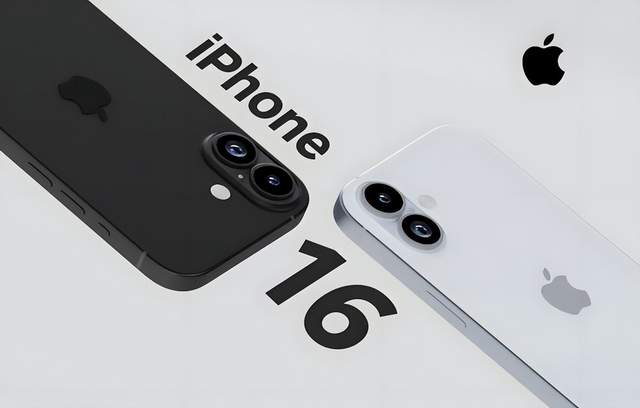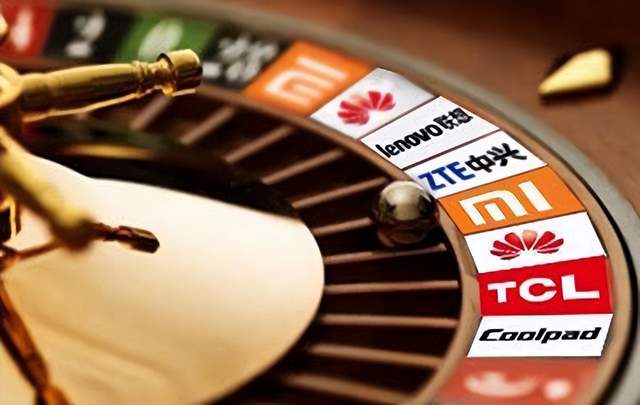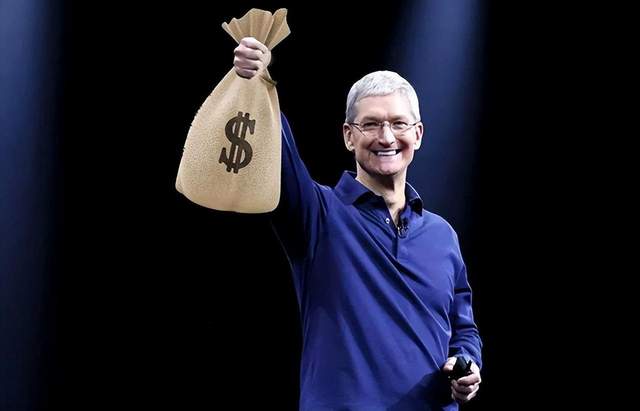iPhone 16 not selling well? Another analysis agency vindicates it, ranking first in global sales!
![]() 10/17 2024
10/17 2024
![]() 648
648
Recently, another market research agency, Counterpoint, released data indicating that the iPhone 16 is selling well, propelling Apple to become the world's top mobile phone brand in September and driving overall sales growth in the third quarter. This slaps in the face of those who claimed the iPhone 16 was not selling well.

Compared to Counterpoint, another analysis agency believes that the sales growth of the iPhone 16 is even higher. Counterpoint estimates that Apple held a 16% share of the global mobile phone market in the third quarter, while Samsung topped the global rankings with a 19% share, and Xiaomi came in third with a 14% share.
Canalys data shows that both Samsung and Apple each held an 18% share of the global mobile phone market in the third quarter of this year. However, Samsung retained its position as the top global mobile phone brand with a slight advantage, while Apple ranked second. Chinese mobile phone brand Xiaomi ranked third globally with a 14% share.
Obviously, Canalys is more optimistic about the sales growth of the iPhone 16 than Counterpoint, believing that the strong sales performance of the iPhone 16 drove iPhone sales in September, further boosting overall iPhone sales in the third quarter, significantly narrowing the gap with Samsung and virtually tying for the top spot in the global mobile phone market.
In fact, another overseas analysis agency believes that the first two weeks of iPhone 16 sales were even more impressive, with a 12% increase in sales compared to the first two weeks of iPhone 15 sales last year. This is attributed to the fact that this year's iPhone 16 offers more features without increasing the price, starting at just RMB 5,999, and all models are equipped with the new A18 processor, attracting price-sensitive iPhone users to upgrade to the lower-priced standard edition of the iPhone 16.

Earlier, media outlets claimed that iPhone 16 sales were poor in the Chinese market, with domestic mobile phones taking away a significant share. However, after the launch of the iPhone 16 in offline retail stores across China, consumers queued up again to purchase the device, highlighting the loyalty of Apple fans who are unaffected by media propaganda and still rush to buy the newly launched iPhone 16.
Chinese e-commerce platforms have also contributed to the popularity of the iPhone 16, with some offering RMB 600 in discounts, lowering the price of the iPhone 16 to just RMB 5,399. Apple has chosen to accept these discounts as it prioritizes iPhone sales, and the reduced pricing does not affect Apple's profits while helping to attract more iPhone users.
Apple's primary source of profit today is its services business, which relies heavily on users attracted by the iPhone. Users of iPad, Mac, and other hardware products have significantly less demand for internet services compared to iPhone users. Under these circumstances, Apple is more concerned with the iPhone's ability to attract more users.
The popularity of the iPhone 16 has impacted domestic mobile phone brands, with one domestic brand significantly reducing its prices by RMB 1,500, highlighting the pressure the iPhone 16's popularity has placed on it. In the domestic high-end mobile phone market, e-commerce sales data indicates that the iPhone 16 Pro has taken the top spot in sales just one month after its launch, showcasing the significant appeal of the iPhone 16.

The data provided by analysis agencies undoubtedly contradicts earlier claims that the iPhone 16 was not selling well. Apple users have unique characteristics, and those accustomed to the iOS system find it difficult to adapt to Android, making it challenging for domestic mobile phones to attract iPhone users.
For domestic consumers, the iPhone also carries a certain status symbol. Some users consider the iPhone to be the true premium mobile phone and take pride in owning one, which has driven iPhone sales and helped it maintain its dominant position in the high-end mobile phone market for a long time. The popularity of the iPhone 16 has come as a relief to Apple CEO Tim Cook, offering hope for business growth.








